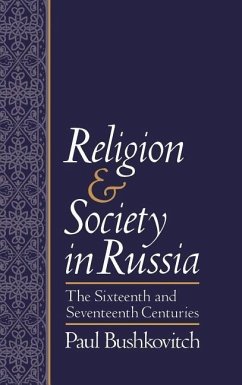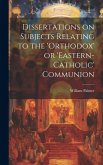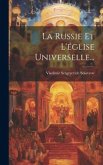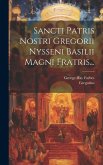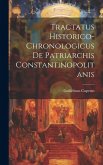In this book, Bushkovitch traces the evolution of religious attitudes in an important transitional period in Russian history, the sixteenth and seventeenth centuries. Concentrating on the attitudes of the court and elite of Russian society, he explores the effects of the gradual decline of Monastic spirituality, the rise of miracle cults, and the redefinition of Orthodoxy in the seventeenth century. Around 1650, preaching and a moral reformation of the individual believer began to displace the predominant miracle cults and rituals. Centered at first in the court of Tsar Aleksei, these changes began to spread into society at large by the end of the seventeenth century. This redefinition of Orthodoxy created a religion that stressed virtue more than revelation, and thus prepared the ground for the secularization of Russian culture in Peter the Great's time. Using unpublished manuscript material as well as early printed books, Bushkovitch demonstrates that this period was far from the stable (or stagnant) era of Slavophile myth, but a time of continuous and often rapid change. Discussing areas never before researched (such as miracle cults), he not only skillfully reconstructs these rapid and fundamental changes in the Russian religious experience, but also shows how they were influenced by European religious ideas and how they foreshadowed the secularization of Russian society.
Hinweis: Dieser Artikel kann nur an eine deutsche Lieferadresse ausgeliefert werden.
Hinweis: Dieser Artikel kann nur an eine deutsche Lieferadresse ausgeliefert werden.

